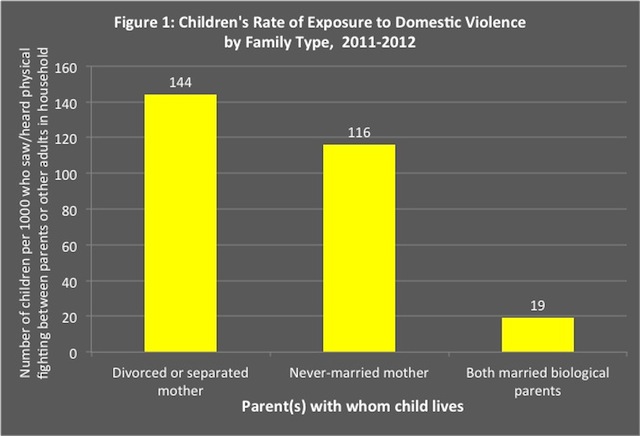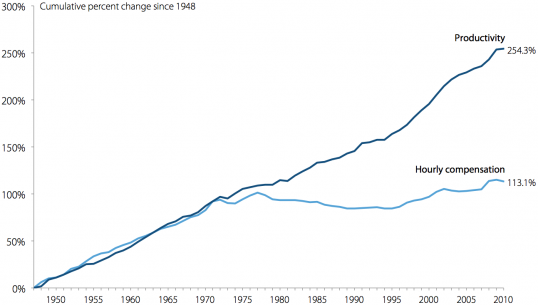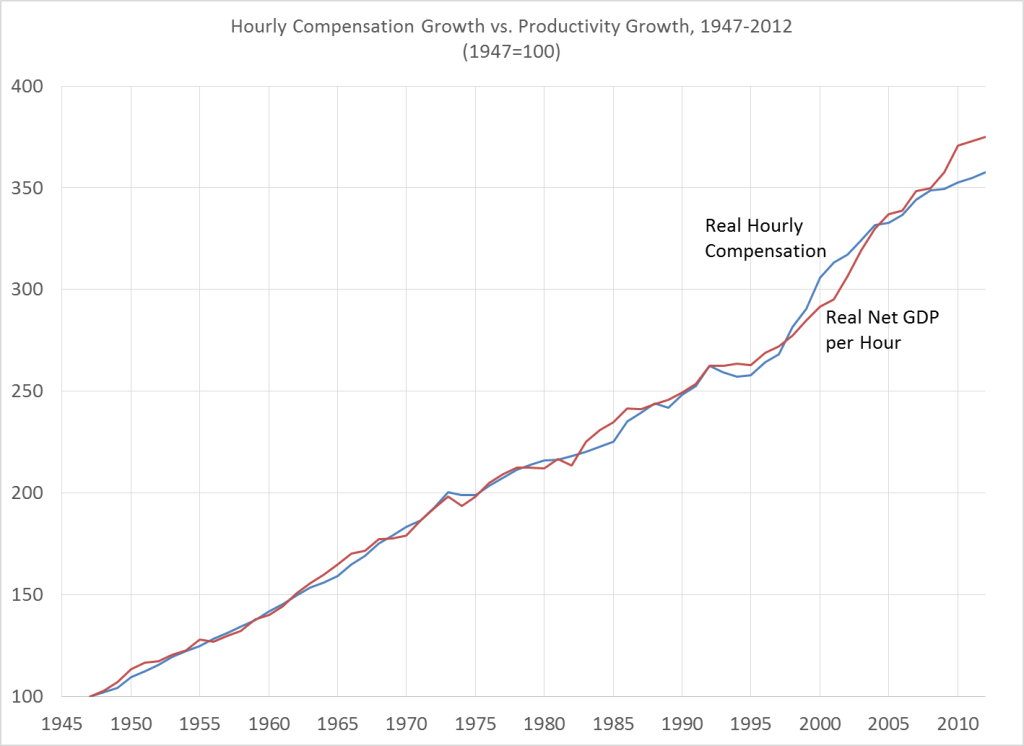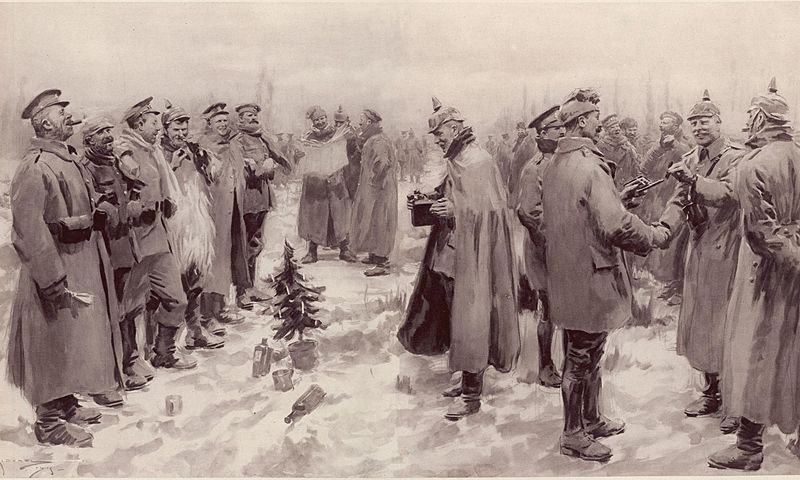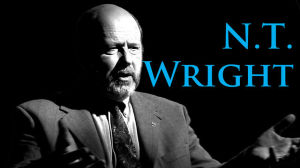 French philosopher Michel Foucault is a darling of the academic left; one that I have been strongly encouraged to read.[ref]One friend described him as “the prophet” and “seer” of modernity.[/ref] I own several of his works, but have yet to delve into his writing much. The release of a brand new book, however, has sparked my interest even more. In an interview with Jacobin, sociologist and editor Daniel Zamora explains,
French philosopher Michel Foucault is a darling of the academic left; one that I have been strongly encouraged to read.[ref]One friend described him as “the prophet” and “seer” of modernity.[/ref] I own several of his works, but have yet to delve into his writing much. The release of a brand new book, however, has sparked my interest even more. In an interview with Jacobin, sociologist and editor Daniel Zamora explains,
Foucault was highly attracted to economic liberalism: he saw in it the possibility of a form of governmentality that was much less normative and authoritarian than the socialist and communist left, which he saw as totally obsolete. He especially saw in neoliberalism a “much less bureaucratic” and “much less disciplinarian” form of politics than that offered by the postwar welfare state. He seemed to imagine a neoliberalism that wouldn’t project its anthropological models on the individual, that would offer individuals greater autonomy vis-à-vis the state.
On those who often dismiss neoliberal intellectuals like Hayek, Becker, or Friedman, Zamora says,
The intellectual left…has often remained trapped in a “school” attitude, refusing a priori to consider or debate ideas and traditions that start from different premises than its own. It’s a very damaging attitude. One finds oneself dealing with people who’ve practically never read the intellectual founding fathers of the political ideology they’re supposedly attacking! Their knowledge is often limited to a few reductive commonplaces.
Reason‘s Brian Doherty writes that “Foucault saw something in “neoliberalism” that anyone who pretends to care about human liberty, possibility, or dignity should respect.” Several years ago, Doherty’s fellow Reason editor Nick Gillespie pointed out that
five years before his death in 1984, Foucault gave a generally appreciative series of Paris lectures on classical liberalism that have finally been translated into English. In The Birth of Biopolitics (Palgrave MacMillan), Foucault, always focused on the exercise of power and repression, tells his students to read Hayek and crew “with special care.” He found much to commend in their work. First and foremost, true liberalism is “imbued with the principle: ‘One always governs too much.’” As important, it asks (and answers) the question, “Why, after all, is it necessary to govern?”
This is encouraging. Tufts professor Daniel Drezner thinks “conservatives should embrace [Foucault] and his work. From a conservative perspective, the great thing about Foucault’s writing is that it is more plastic than Marx, and far less economically subversive. Academics rooted in Foucauldian thought are far more compatible with neoliberalism than the old Marxist academics.” Drezner’s article title goes even further: “Why Michel Foucault is the Libertarian’s Best Friend.”
Given my attraction to much of the rhetoric and concerns of the Left,[ref]Obviously, I differ on the means to achieving the desired ends of the Left.[/ref] I’m excited to begin my Foucault journey.

